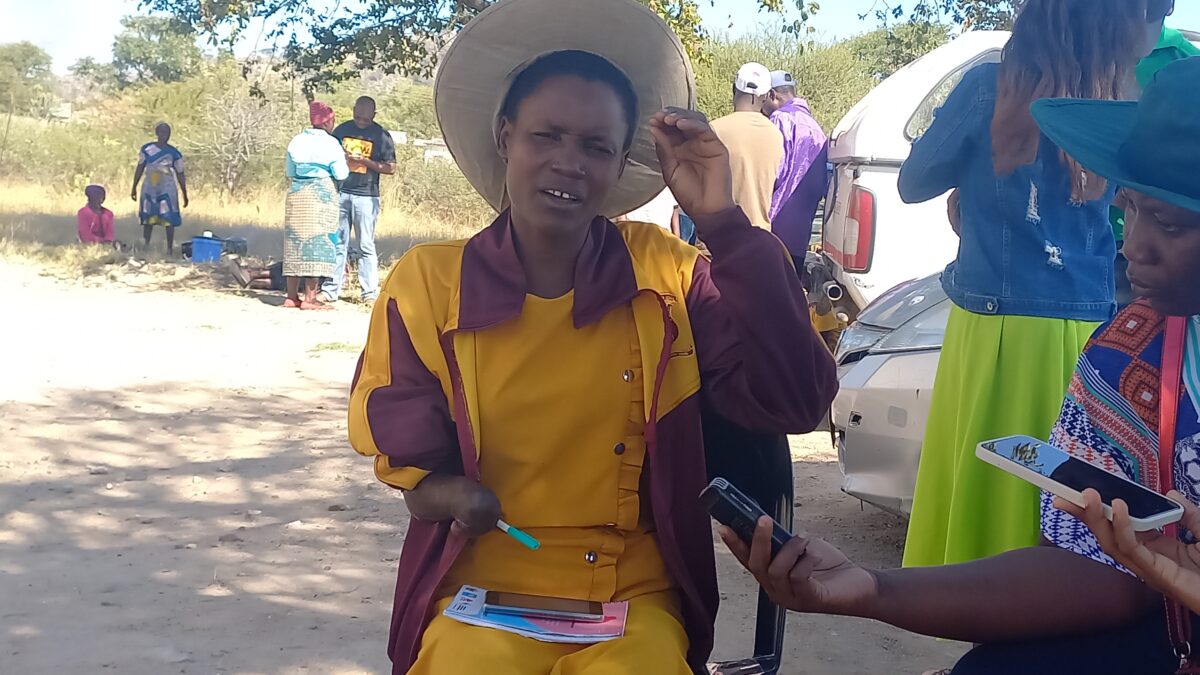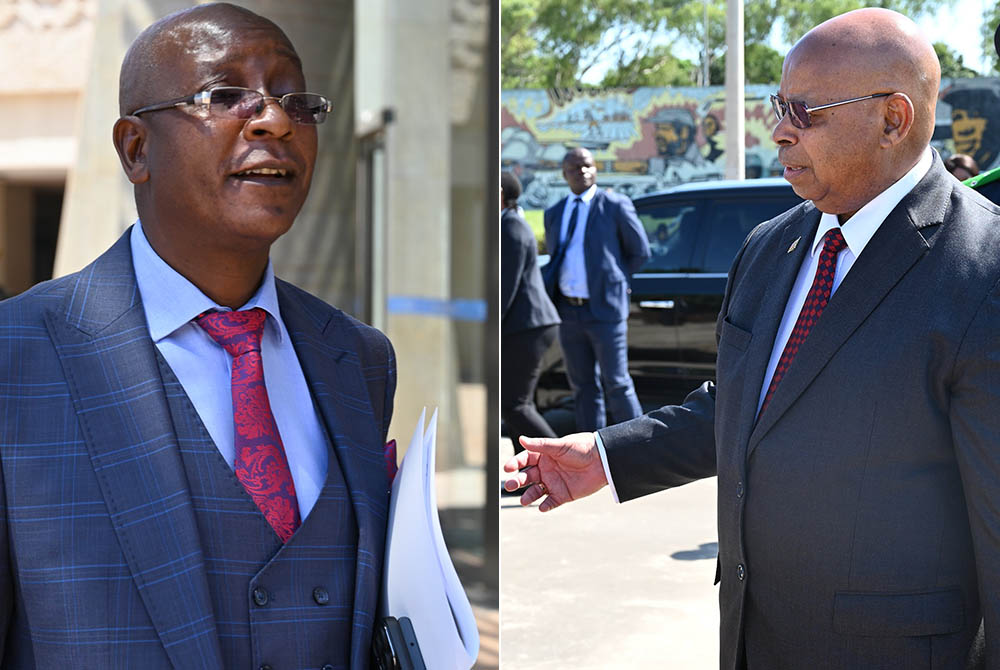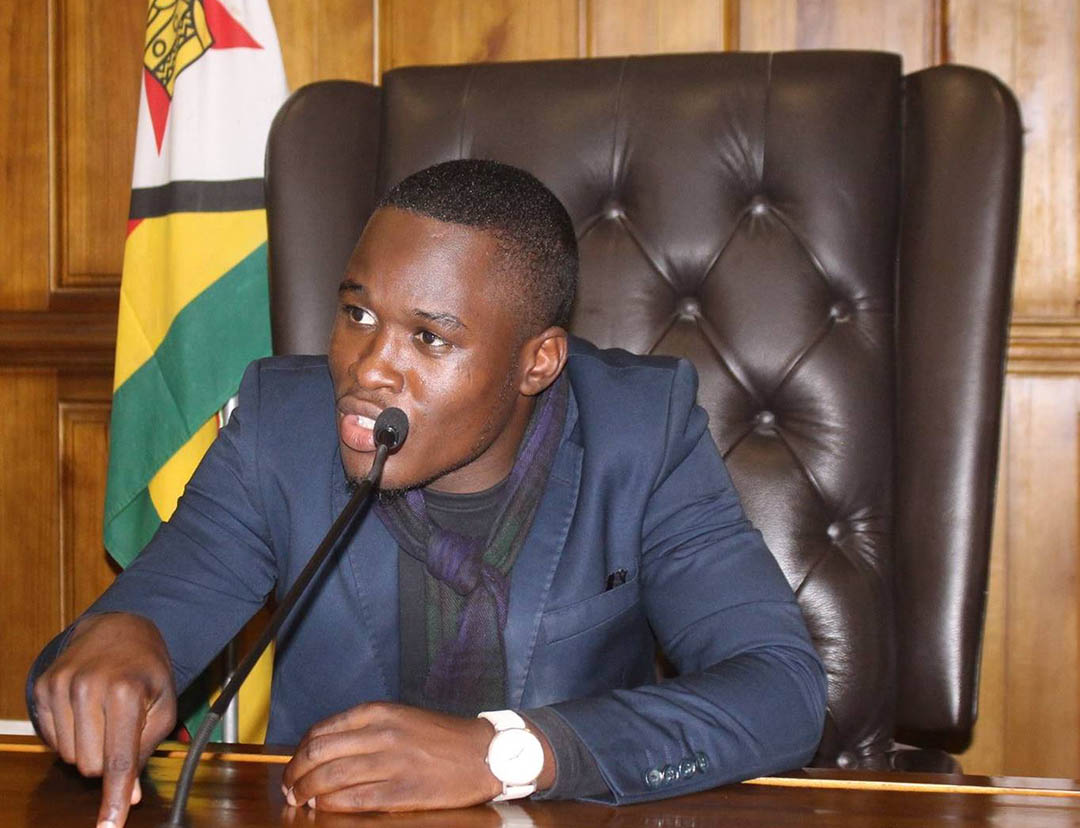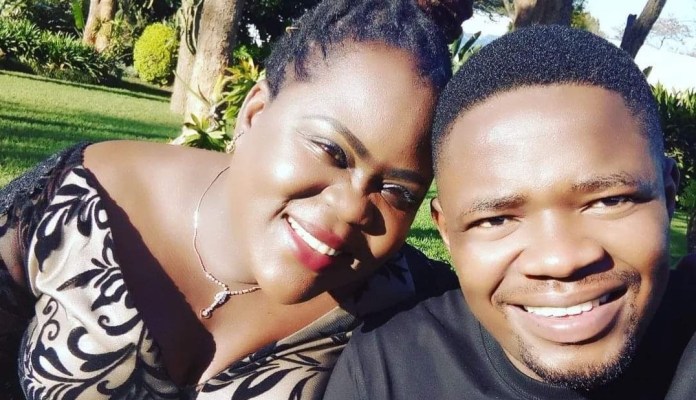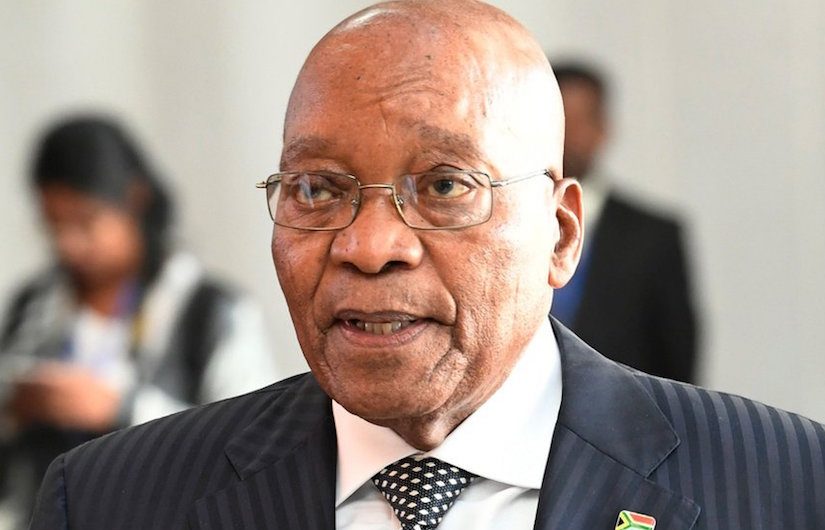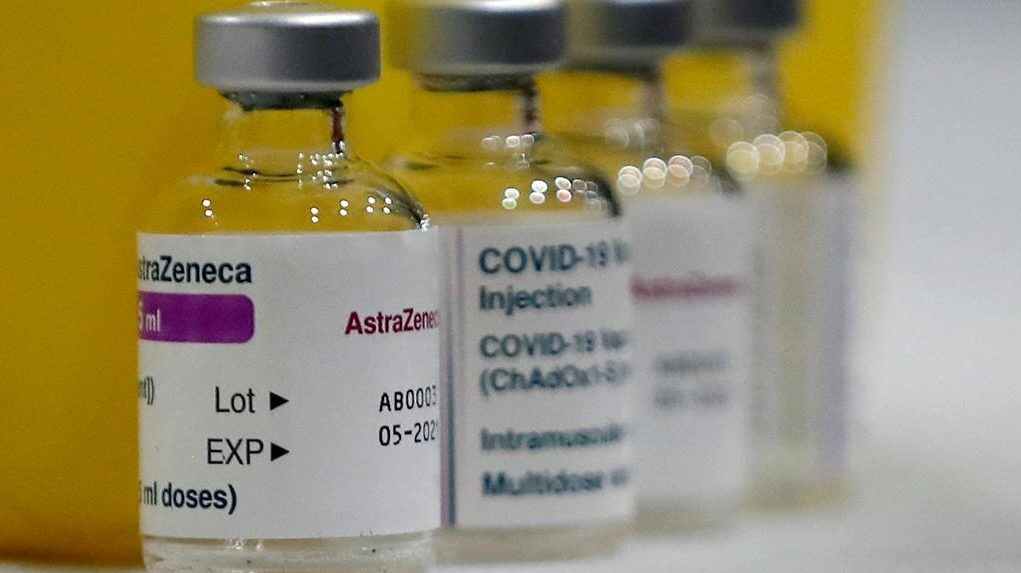CHIVI – A total of 321 children with disabilities in Chivi have benefited from life-changing support following the establishment of a vocational facility for people with special needs in the Masvingo district.
The Chengaose Stimulation Centre receives financial support from UNICEF under a US$5,8 million grant recently availed by Sweden to help Zimbabwe tackle challenges related to child protection.
Other partners include Norway under NORAD and the Swiss Agency for Development and Cooperation.
Implementing partners are Zimbabwe Parents of Handicapped Children Association (ZPHCA), through the Zimbabwe National Association for Mental Health (ZIMNAMH) while government, through the Ministry of Public Service and Social Welfare, provides oversight.
Chengaose was established following a realisation that people with disabilities face physical limitations and social exclusion, among some of their daily challenges.
The project was also introduced in 13 districts in the country.
Speaking to a journalists who were part of a delegation that visited the district recently under a programme spearheaded by the ministry and UNICEF, ZPHCA-ZIMNAMH Chivi consortium projects officer Tracy Mabhiza said the centre has helped achieve many goals.
“We had a number of cases, whereby children were being abused while their parents were away,” she said.
“The other challenge was that children were dropping out of schools. There is no school that caters for children with severe cerebral palsy and intellectual disability in Chivi.
“Those two categories remain a concern to us.
“Also, Chivi is in a dry region and we had malnourished children because most families had no food.
“But here parents come, share ideas, share morale. So, the centre is a stimulation centre where they also learn daily activities.
“This centre is an inclusion centre for school drop outs, children with others who do not fit in regular schools and this has helped in a great way.”
The centre provides medical assistance and specialised equipment for children who need it.
Children also receive specialised education and training while youths receive vocational training, including tailoring and farming for them to earn a livelihood.
The centre also organises community events to raise awareness and promote inclusion.
These events brought together people with and without disabilities together, breaking down barriers and fostering understanding.
Youth leader, Chipo Pikirayi said the centre was a good initiative.
“Disability is difficult to accept but this centre has taught us that disability is not inability,” she said.
“We have been taught that we have equal rights just like able bodied children. We have a right to health and education, among other things.
“I am proud that through this centre, I became confident. I don’t shy away from the public anymore,” she said.
While appreciating the support received so far, Mabhiza maintained more support was required.
“We don’t have enough mattresses; we don’t have enough blankets and food and we need more funding as much as we appreciate the government’s efforts and the support of its partners,” she said.
Under its child protection unit, UNICEF advocates for improving budget allocations, enhancing cross-sectoral coordination of services, including case management, strengthening victim-friendly justice and law enforcement systems and reinforcing human-rights monitoring.
According to UNICEF, partnering with disability organisations will strengthen institutional and normative frameworks on the rights of people living with disabilities.

